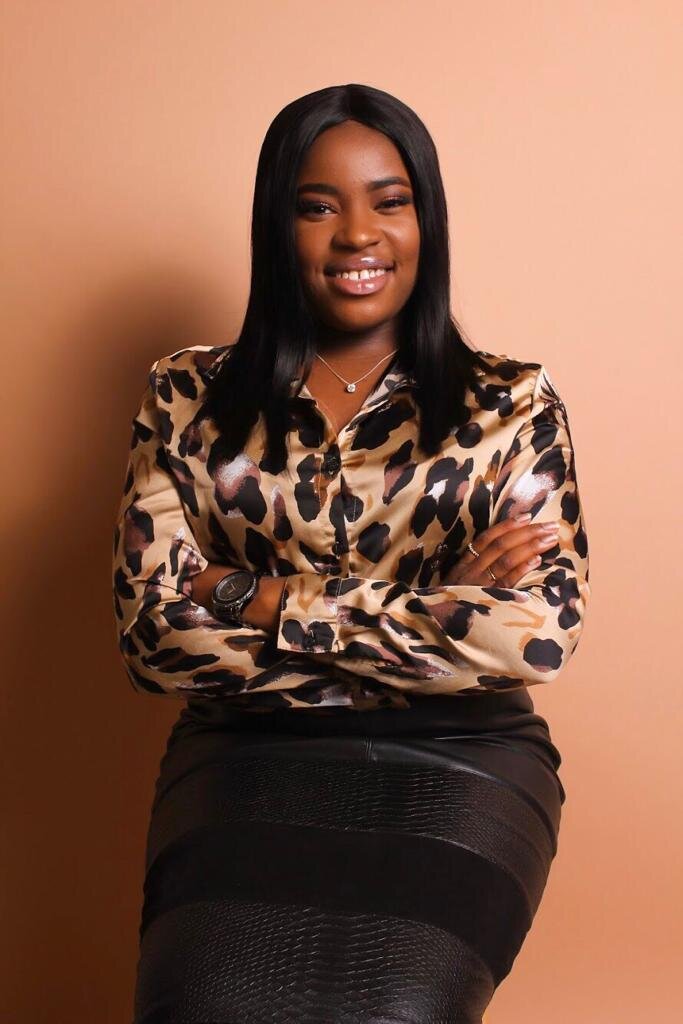In videos and pictures, now widespread on social media, the Nigerian army were seen opening fire on Nigerian citizens protesting against the country's Special Anti-Robbery Squad (SARS) in Lekki, Lagos, Nigeria.
SARS was part of a police unit set up in 1992 to fight robbery in Nigeria at a time when robberies were prevalent in the country. The unit quickly became notorious for profiling young people, kidnapping, torturing suspects, extra-judicial killings, and abusive treatment.
FAILED REFORMS
For more than a decade, Nigerians have been calling on their government to terminate the SARS unit—a promise made to the Nigerian people in their electoral manifesto that was never upheld. In 2015, the Nigerian government announced reforms to the SARS unit, but the killings and human right abuses continued even after the supposed reform. In 2016, the SARS unit was once again slated for restructuring. History repeated itself. After more than two failed promises from the government regarding SARS, citizen anger intensified and SARS grew bolder, contributing to the world’s worst police forces prize won by the Nigerian police in 2017. They continued to perpetrate human rights abuses and yet were never called to account.
In 2017, anti-SARS protests began with a Twitter campaign calling on the Nigerian government to end SARS, following multiple human rights abuses. In response, the Nigerian government promised to reorganise the SARS unit. Again nothing was done and SARS continued committing atrocities. From 2018 to 2019, the Nigerian government reassured its citizens that SARS would be reformed, then promised to disband it altogether.
PROTESTS AND DISSOLUTION
In June 2020, Amnesty International released a report highlighting the various human rights violations perpetrated by SARS. The report documented cases of extortion, torture, and abusive treatment involving at least 82 cases between January 2017 and May 2020. In the Nigerian chapter of its 2020 report, Human Rights Watch highlighted the lack of accountability in Nigeria, which was evident from the fact that reports by the Presidential Panel of Inquiry, set up in 2018 to investigate abuses by SARS, were not made available to the public.
In early October 2020, young Nigerians were again incensed when a video of a SARS officer allegedly shooting a man in Delta state surfaced online. Nigerians took to the streets in Nigeria, the US, in Europe, and on Twitter to protest, using the hashtag #EndSARS.
On 11 October, the government dissolved the SARS unit.
YOUTH PROTESTERS MASSACRED
Nigerians were not satisfied with the dissolution of the SARS unit, having heard such empty promises before. They responded with five points they asked the government to act on. Of the five points, one called for an increase in police salaries, to prevent police from kidnapping people for ransom. The government turned a deaf ear to those requests, then responded by killing young citizens.
The #EndSARS protests were gaining in popularity, and with no leader for the government to target, they began arresting peaceful protesters at random, refusing to release them until online videos forced them to do so. Witnesses reported that thugs the government claimed were protesters destroying property were seen arriving at the scene of the alleged destruction in government-owned SUVs and police vehicles.
On 19 October, Godwin Nogheghase Obaseki, governor of Edo State, then began to blame protesters for breaking into the prison and releasing prisoners. No police officers were engaged, no casualties reported—there was simply a video of prisoners running out of the prison.
Just before noon the next morning, the governor of Lagos state, Babajide Sanwo-Oluhen, imposed a 24-hour curfew in Lagos, starting at 4:00 pm the same day, giving the residents of the famously traffic-jammed state only a few hours to prepare.
Witnesses report that, at about 4:30 pm, the Nigerian army surrounded the Lekki toll gate, one of the largest protest locations. Protesters remained at the toll gate, singing the national anthem and waving the Nigerian flag, when the army began shooting at protesters.
LACK OF RECOGNITION AND ACCOUNTABILITY
CCTV cameras were dismantled prior to the shootings at the Lekki toll gate, and billboards and lights at the toll gate were switched off, leading some to support the theory that the massacre was premeditated. Over 80 deaths have been reported, though Lagos state governor Babajide Sanwo-Oluhen has in several contradictory statements on live television and tweets gone from claiming "no fatalities recorded" to admitting that one victim died in hospital, but not as a result of the shots fired by the army. Babajide has flatly denied ordering the killing of protesters, as has the Nigerian army.
Nigerians, rocked by fear and loss, have been left wondering who ordered the killing of peaceful protesters and asking who can be held accountable for these atrocities. For many, the answer is the president of Nigeria, Muhammadu Buhari. Although he addressed the nation regarding other national issues, he has continued to remain silent on the killing of unarmed, peaceful protesters on 20 October 2020.
Andikan is an immigration caseworker and a writer. She posts articles on her blog where she advocates for equality and peace and justice. You can read more articles from Andikan on www.andikanumoh.com.

